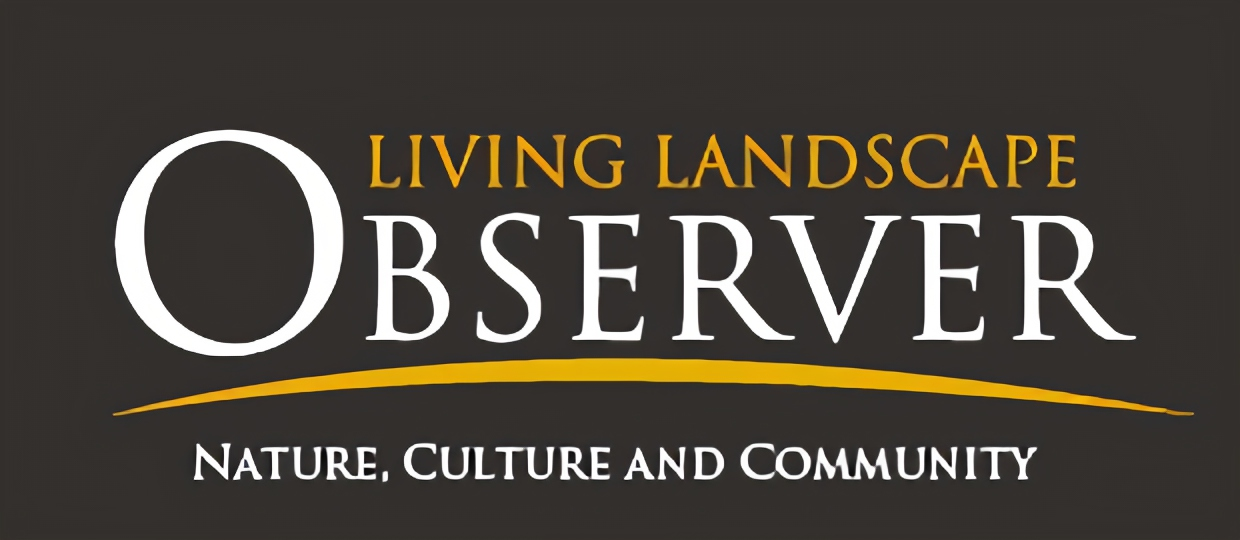To provide observations and information on the emerging fields of landscape scale conservation, heritage preservation, and sustainable community development.
Newsletter
Stay up-to-date with the latest nature, culture and community news.
We won’t spam you or share your information. Newsletters are sent approximately 10 times a year. Unsubscribe at any time.
Mitigation: Now thinking on a Landscape Scale
Lessons in Partnerships along the Appalachian Trail

Virtues of Good Government
In this piece, originally published in the May 2017 issue of the George Wright Forum (vol 34, no 1), guest observer Rolf Diamant explores the
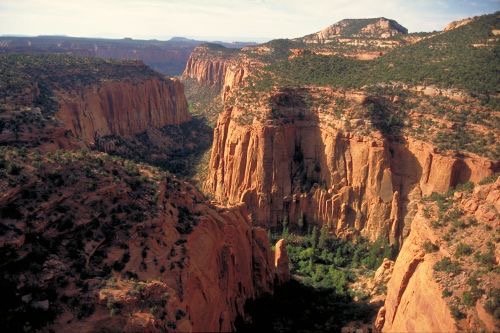
What is in a name? The National Monument Version
National Monuments were once an obscure protected area designation. Today they are the big story in major news outlets. Reporters are struggling with names likes Bears Ears, Grand Staircase – Escalante, and Papahānaumokuākea Marine National Monument. What put these places in the headlines was the new administration’s signature on an Executive Order authorizing a review all National Monuments designated since January 1, 1996 and specifically those over 100,000 acres. The rush is on to learn more about national monuments.
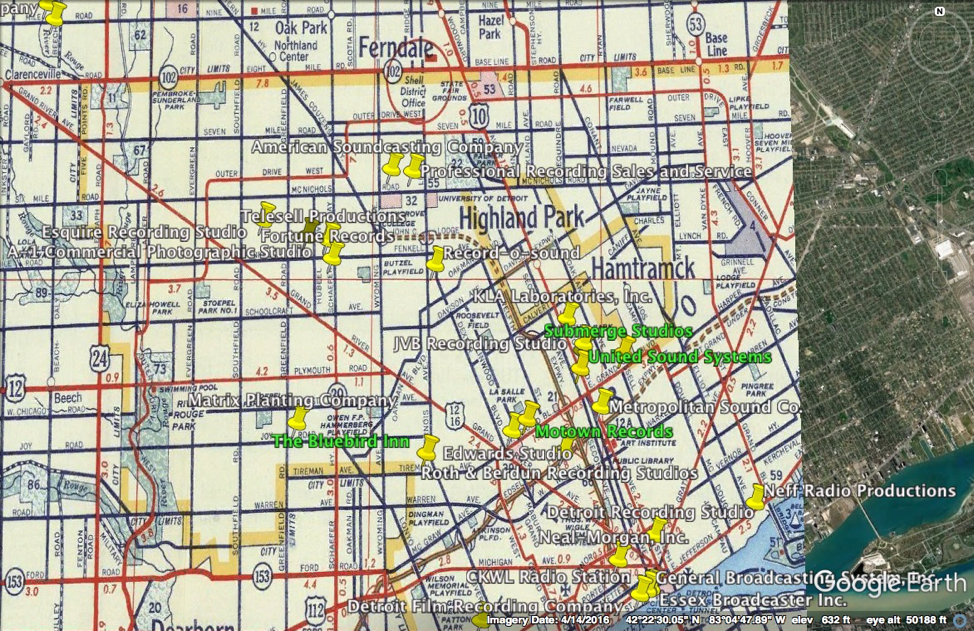
Looking for Detroit’s Urban Landscape: My Experience on the George Wright’s 2016 Park Break
Detroit is a place indelibly marked by the highest highs and the lowest lows of American history. Its crumbling buildings and forgotten factories are the tangible evidence of economic booms and busts, the rise and decline of American manufacturing, and the after-effects of WWII, the Cold War, the Vietnam War, racism and classism, as well as decades of local mismanagement and corruption. It also has a rich urban cultural heritage that is still visible on the landscape, if you look closely enough. Read about one student’s experience seeking this heritage as part of the George Wright Society’s Park Break program, which in 2016 focused on implemtning the National Park Services Urban Agenda.
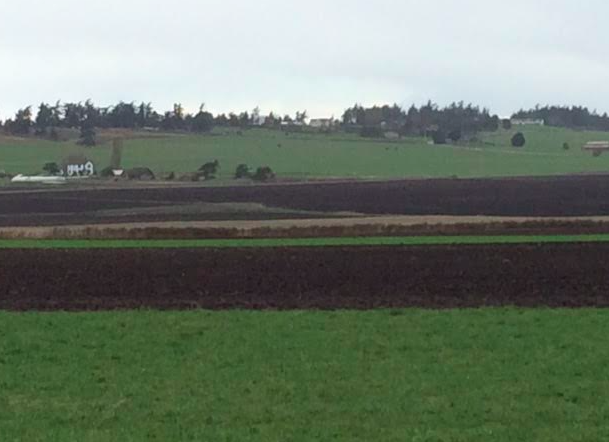
What’s in a (Public Lands) Name?
Public lands in the United States go by a variety of names: Parks, forests, monuments, historical parks, recreation areas, seashores, refuges and more. Though confusing to the public (and even, at times, to agency employees!), each appellation has a “genealogy” of sorts, a history that, if traced, offers insights into the goals and motivations of those who initially pushed for the creation of different types of protected areas. I recently visited the two of the three “National Reserves,” Ebey’s National Historical Reserve in Washington State and the New Jersey Pinelands National Reserve and began to wonder when that term first came into use (NB: Both are Affiliated Areas, not National Park units)
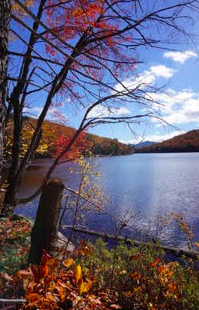
Featured Voice: Emily Bateson
In this month’s “Featured Voice,” we talk with Emily Bateson, the Coordinator for the Network for Landscape Conservation. She has more than 30 years experience in whole systems conservation, including projects that span the border between the U.S. and Canada.

Virtues of Good Government
In this piece, originally published in the May 2017 issue of the George Wright Forum (vol 34, no 1), guest observer Rolf Diamant explores the

What is in a name? The National Monument Version
National Monuments were once an obscure protected area designation. Today they are the big story in major news outlets. Reporters are struggling with names likes Bears Ears, Grand Staircase – Escalante, and Papahānaumokuākea Marine National Monument. What put these places in the headlines was the new administration’s signature on an Executive Order authorizing a review all National Monuments designated since January 1, 1996 and specifically those over 100,000 acres. The rush is on to learn more about national monuments.

Looking for Detroit’s Urban Landscape: My Experience on the George Wright’s 2016 Park Break
Detroit is a place indelibly marked by the highest highs and the lowest lows of American history. Its crumbling buildings and forgotten factories are the tangible evidence of economic booms and busts, the rise and decline of American manufacturing, and the after-effects of WWII, the Cold War, the Vietnam War, racism and classism, as well as decades of local mismanagement and corruption. It also has a rich urban cultural heritage that is still visible on the landscape, if you look closely enough. Read about one student’s experience seeking this heritage as part of the George Wright Society’s Park Break program, which in 2016 focused on implemtning the National Park Services Urban Agenda.

What’s in a (Public Lands) Name?
Public lands in the United States go by a variety of names: Parks, forests, monuments, historical parks, recreation areas, seashores, refuges and more. Though confusing to the public (and even, at times, to agency employees!), each appellation has a “genealogy” of sorts, a history that, if traced, offers insights into the goals and motivations of those who initially pushed for the creation of different types of protected areas. I recently visited the two of the three “National Reserves,” Ebey’s National Historical Reserve in Washington State and the New Jersey Pinelands National Reserve and began to wonder when that term first came into use (NB: Both are Affiliated Areas, not National Park units)

Featured Voice: Emily Bateson
In this month’s “Featured Voice,” we talk with Emily Bateson, the Coordinator for the Network for Landscape Conservation. She has more than 30 years experience in whole systems conservation, including projects that span the border between the U.S. and Canada.
